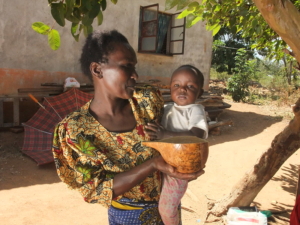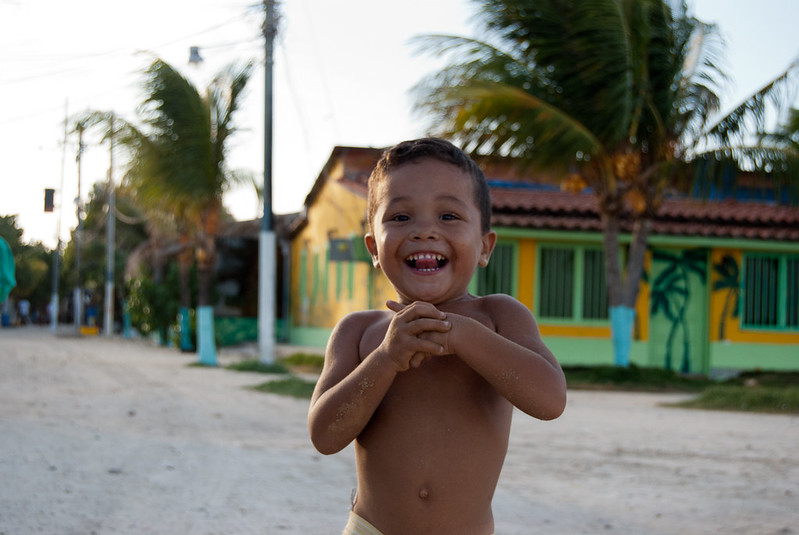 Venezuela is one of the most disadvantaged countries in the world, with poverty rates of more than 91%. Currently, there is an influx of Venezuelan immigrants seeking refuge in neighboring countries. According to the U.N., almost 8 million Venezuelans have left the country since 2014 due to “rampant violence,” along with “inflation, gang-warfare, soaring crime rates, …shortages of food, medicine and essential services.” With the amount of human rights concerns concentrated in the area, Venezuelan citizens are in desperate need of additional support. However, with the passing of the Law for the Control, Regularization, Operations and Financing of Non-Governmental and Related Organizations, informally known as Venezuela’s anti-NGO law, the government seems set on making it as difficult as possible for them to access the life-saving services provided by non-governmental organizations.
Venezuela is one of the most disadvantaged countries in the world, with poverty rates of more than 91%. Currently, there is an influx of Venezuelan immigrants seeking refuge in neighboring countries. According to the U.N., almost 8 million Venezuelans have left the country since 2014 due to “rampant violence,” along with “inflation, gang-warfare, soaring crime rates, …shortages of food, medicine and essential services.” With the amount of human rights concerns concentrated in the area, Venezuelan citizens are in desperate need of additional support. However, with the passing of the Law for the Control, Regularization, Operations and Financing of Non-Governmental and Related Organizations, informally known as Venezuela’s anti-NGO law, the government seems set on making it as difficult as possible for them to access the life-saving services provided by non-governmental organizations.
According to Amnesty International, “The approval of this law aims to keep Venezuelan civil society from continuing to stand alongside victims [of poverty, violent crime, et cetera] and providing assistance in ways that authorities are unable to.” In this time of uncertainty, it is more important than ever to support organizations that are challenging the country’s tyrannous government.
Hogar Bambi Venezuela
Founded in 1992, Hogar Bambi Venezuela focuses on providing care to children and youth misplaced from their families “due to abuse, mistreatment or economic hardship.” The organization organizes “temporary, substitute” homes for the children, then facilitates their return to their families – or the adoption process, if the first option is not feasible.
American-based organization Bambi International Foundation is a long-time supporter of Hogar Bambi Venezuela. It funds various projects to support the Venezuelan NGO in its mission to care for displaced minors.
One project it completed in recent years was the purchase of a private vehicle. Before purchasing the vehicle, staff members of Hogar Bambi were unable to transport all of the children to necessary medical appointments due to the unreliability of the Venezuelan public transportation system. The project helped Hogar Bambi transport the children for their medical appointments and necessary services such as cardiology, dermatology, laboratory, surgical examinations, etc.
Bambi International Foundation also facilitates the building and renovation of structures to house them. In 2020, it raised nearly $6,000 towards renovating and installing electricity in a building housing 36 displaced Venezuelan infants.
Currently, Bambi International Foundation is campaigning for a new cause – the Sports and Recreation for Children and Adolescents Deprived of a Family project. It is currently 40% of the way to completing its goal of raising $25,000 to provide at-risk Venezuelan youth with access to recreational activities such as team sports, swimming lessons and various outdoor adventures.
Fundacion Jacinto Convit
Inspired by the work and values of Doctor Jacinto Convit, Fundacion Jacinto Convit has been working for 13 years to make health services and education accessible throughout Venezuela. The organization funds “scientific research, healthcare programs, and educational and community projects, through a multidisciplinary team, to contribute to the well-being of the most vulnerable populations and to the country’s social development.”
Fundacion Jacinto Convit has made revolutionary strides in medicine, particularly in making cancer treatment more accessible. One project it currently has in development is ContiVax – an immunotherapy treatment that targets breast cancer. The treatment is currently being put through clinical trials throughout the Americas and Europe, and will hopefully prove to be a safe, effective, low-cost treatment option for patients who either can not afford or cannot access chemotherapy, or prefer an alternative for any reason.
In addition to ContiVax, the NGO focuses on providing a “highly specialized free medical assistance service for the molecular diagnosis of malignant neoplastic diseases (such as leukemia and some solid tumors) and infectious diseases (mainly HIV)” through their Molecular Diagnostic Unit, hopefully contributing “to the improvement of mortality and morbidity rates in patients with some types of cancer.”
Fundacion Jacinto Convit also focuses on educating Venezuelan youth. One of its educational programs, Values Through Science, facilitates talks, lessons, film screenings, and educational activities at schools, conferences, and other community spaces. The project is intended to encourage Venezuelan youth to develop an interest in the sciences while promoting critical thought, curiosity, and teamwork.
Venezuela’s Anti-NGO Law: In Conclusion
Although the passing of Venezuela’s anti-NGO law seems intent on preventing the country’s needy from accessing the life-saving services that they require, the country’s NGOs are not giving up.
– Helena Birbrower
Helena is based in Davis, CA, USA and focuses on Global Health and Politics for The Borgen Project.
Photo: Flickr
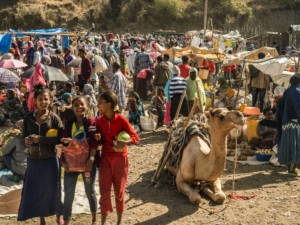

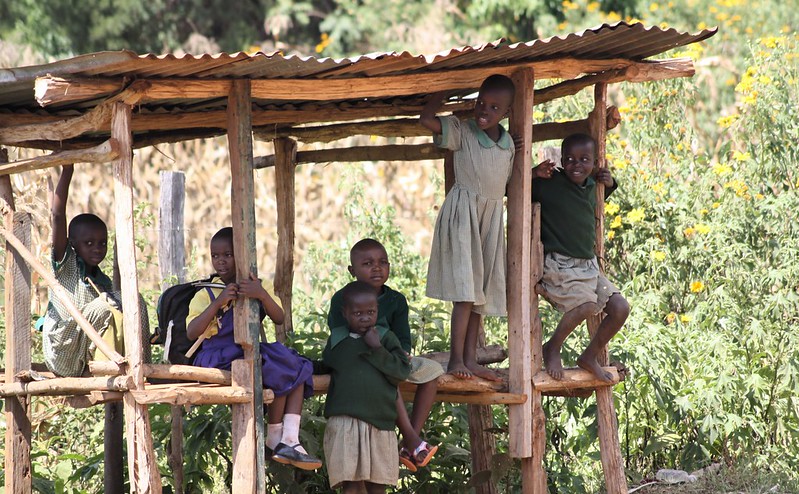 Worldwide, 16.6 million children under 18 have lost one or both parents to HIV; 90% of these orphans live in sub-Saharan Africa. In 2019, about
Worldwide, 16.6 million children under 18 have lost one or both parents to HIV; 90% of these orphans live in sub-Saharan Africa. In 2019, about 
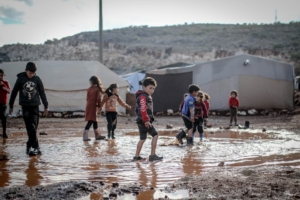

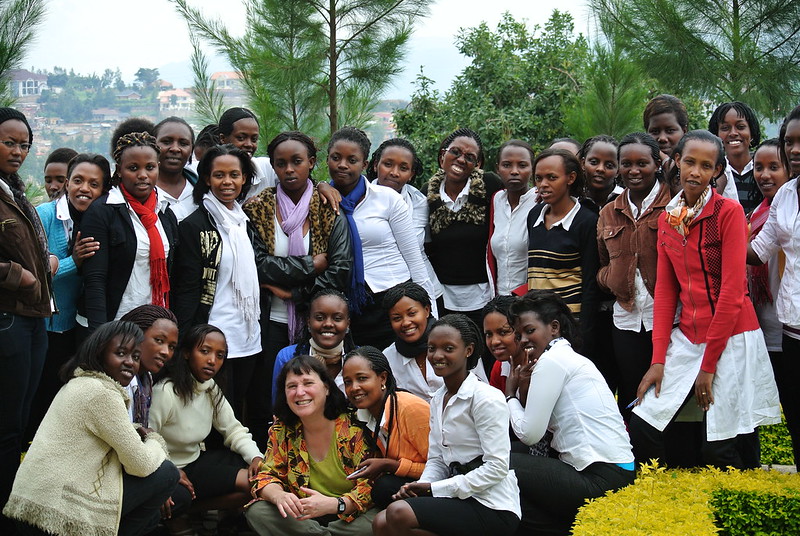 More than
More than 
